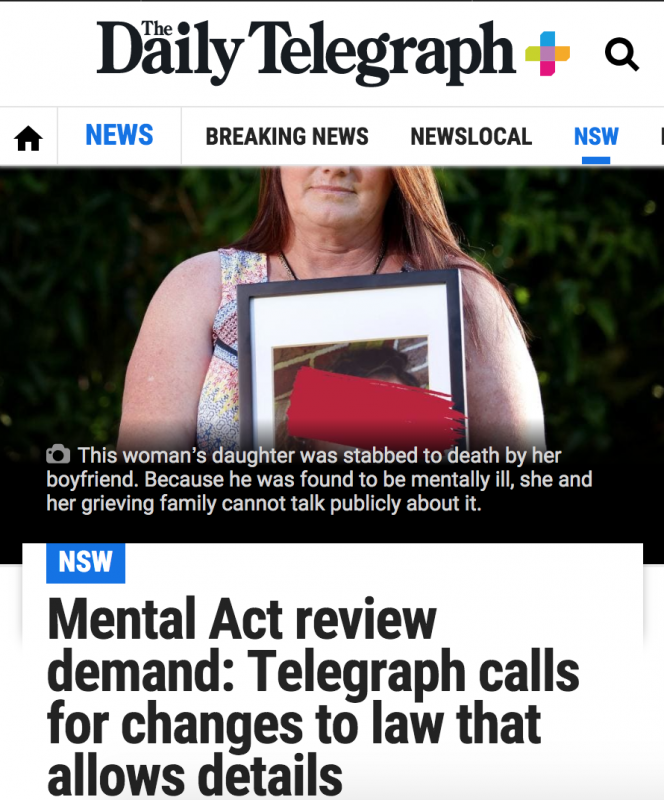Daily Telegraph’s report on protection of mentally ill criminals ‘accurate’ and ‘fair’
The Daily Telegraph’s article about rapists and murderers who were being secretly protected by mental health laws was accurate and fair, the press watchdog has ruled.
‘Secret Lives of Brutal Killers – Mental health justice system puts monsters on the streets’, which ran on April 1 2017, commented on decisions made by the Mental Health Review Tribunal, which had released some of its 460 forensic patients – murderers and rapists – into the community.


